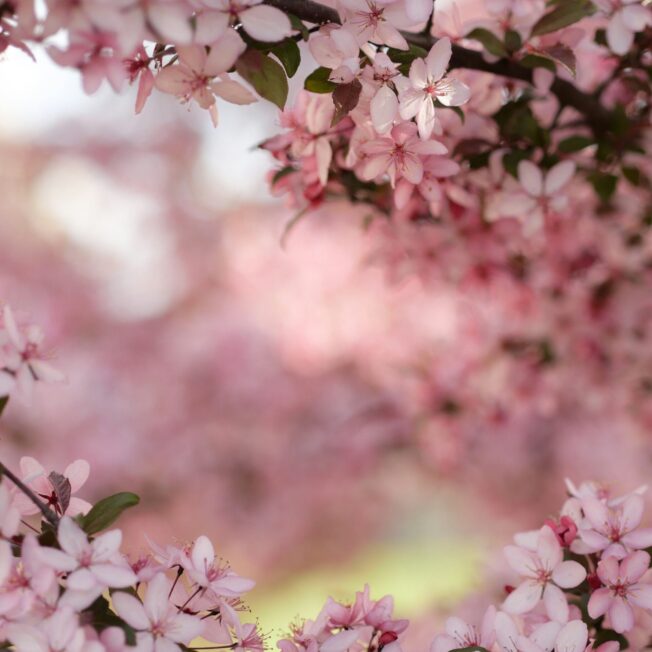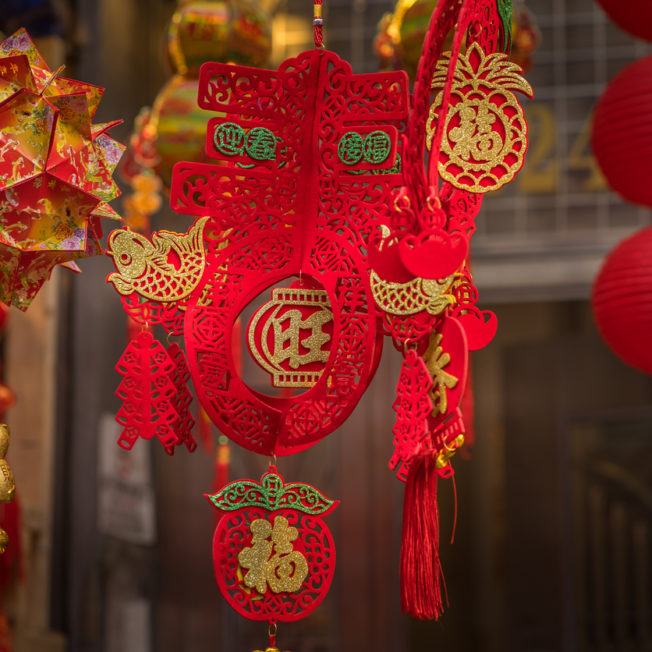Chinese New Year is celebrated by 20 percent of the world, making it China’s most important holiday. Millions of people across the globe celebrate Chinese New Year every January as a celebration of the end of the coldest months, bringing upon spring, fresh starts, and new beginnings.
What is Chinese New Year?
Chinese New Year is most commonly referred to as the Spring Festival or Lunar New Year. This celebration of new beginnings has been celebrated for over 4,000 years and wins the title as the longest holiday of the year. Unlike traditional western holidays, this celebration doesn’t fall on one particular day. Instead, it happens anytime between January 21 and February 20. The first day of Chinese New Year is entirely dependent on the lunisolar calendar and new moon to kick off the celebration and beginning of a new lunar year, rather than the solar calendar that is used to base the Gregorian calendar.
The celebration begins on New Year’s Eve, lasting up to 15 days. Primarily, the celebration is a time for family reunions and if you follow tradition, you can only go out after the fifth day. But originally, it was a ceremonial day where you would pray to gods and their ancestors–who were treated as gods–for a good harvest season.
How is it celebrated?
Spring Festival marks the end of winter, bringing on the spring season. Everything starts on New Year’s Eve, running for 15 days until the Lantern Festival to signify the end of the celebration. There are plenty of traditions weaved into the 4,000 year old commemoration, including deep cleaning your house in an effort to sweep away ill-fortune and bring forth good luck for the new year. Decorating windows and doors with intricate red paper cut-outs and couplets, centered around the themes of good fortune, wealth, happiness, and longevity.
The biggest event of the Spring Festival revolves around family: the annual reunion dinner. The meal focuses on various meat dishes as the main course as well as an offering for the New Year. The reunion dinner brings everyone back home for New Year’s Eve dinner, taking part in the annual “Spring Migration” to visit their family and elders.
Each day of the Spring Festival has its own significance, with day one revolving around honoring your elders. Throughout the fifteen day celebration, different traditions are followed to get rid of the old and make way for the new, while focusing on family, gratitude and honor.
Fireworks and firecrackers are still popular traditions to set off at midnight (despite being illegal in many cities for fear of air pollution). They originally began setting off fireworks to scare off bad luck and are continued to be used to welcome in the new year and bring forward good luck. Giving money in red paper envelopes, traditionally saved for special occasions, like weddings and graduations.
What is the significance of the color red?
Red is a common theme and color throughout the entirety of the Spring Festival, seen through the red envelopes used for gifts, red lanterns, or even the paper cut-outs adorning the windows and doors for decoration. Red is a popular color in Chinese culture, as a symbol of good fortune, happiness, and joy and is believed to ward off evil.
What do the different years mean?
Each year is named after the animals in the Chinese zodiac, including the rat, ox, tiger, rabbit, dragon, snake, horse, goat, monkey, rooster, dog and pig. Zodiac signs play a big role in Chinese culture and are used to determine your fortune for the new year as well as other big moments throughout your life like your career, relationships, and health. Traditionally, your zodiac’s year tends to be full of obstacles to overcome.
2020 is the Year of the Rat. And if you want to get specific, it’s the Year of the Metal Rat, as each sign is also associated with one of five different elements. In Chinese culture, rats were seen as a sign of wealth. People born in the year of the rat tend to be likable, empathetic yet stubborn.
So what’s in store for the Year of the Metal Rat? So Man-fung Peter, a geomancy consultant, told CNN that Chinese astrology (and feng shui) aren’t necessarily about changing your fate for the new year.
“They’re a calculation of probability and a study of statistics,” he said. “It’s about finding that law and flow of the universe. When you know how to calculate it, you can predict the trends for everything. If you’re enjoying a lucky streak, knowing that may give you the confidence and courage needed to start your own business. If you’re plagued by bad luck, acknowledging it may help you avoid taking unnecessary risks.”





















